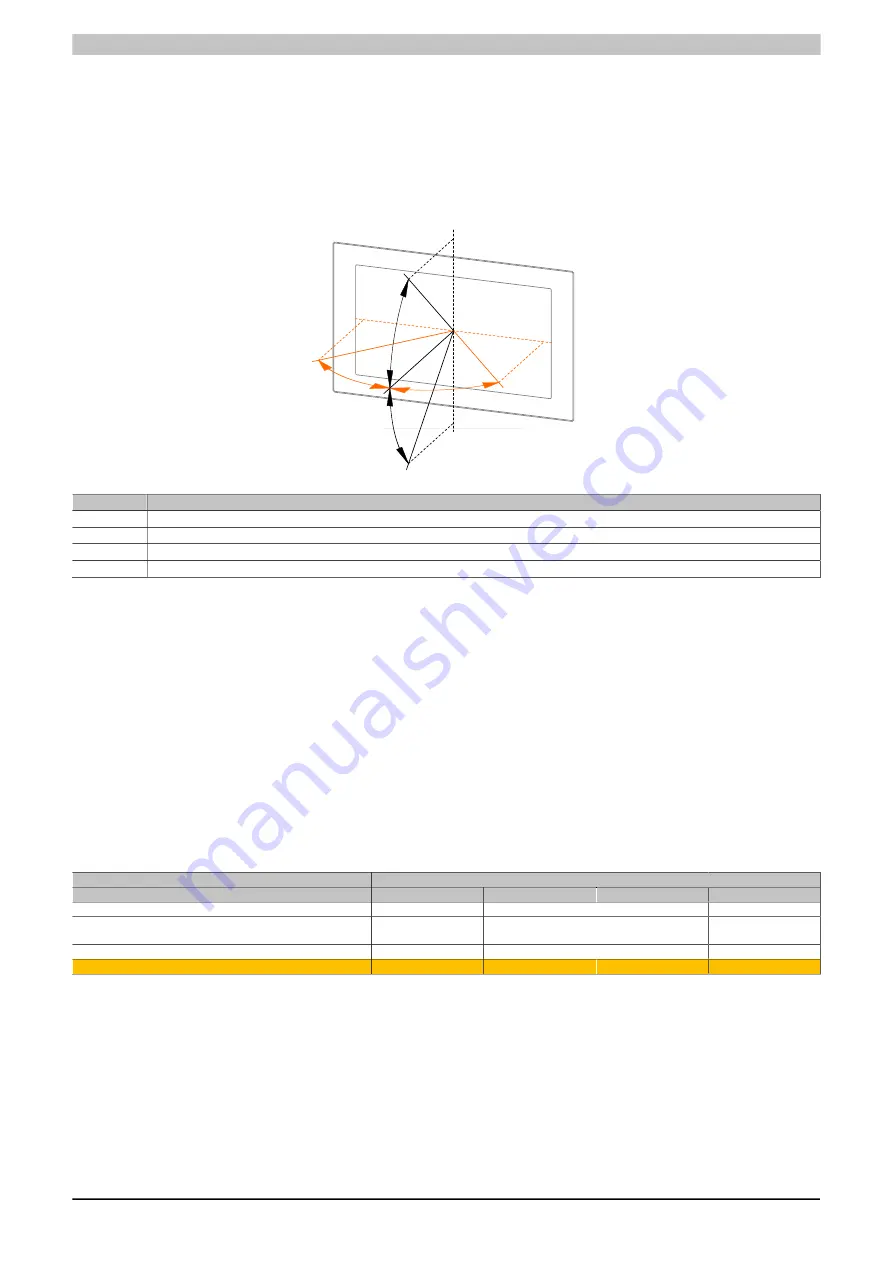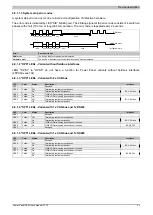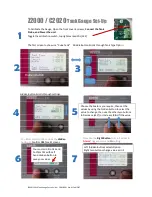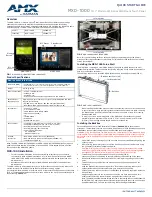
Device description
18
Power Panel C50 User's manual V1.10
Touch actions during cleaning
Touch actions can be triggered during cleaning of the PCT touch screen. If this is not desired, this behavior must
be taken into account in the application.
4.4.4 Viewing angles
For the viewing angles values (U, D, R, L) of the display types, see the technical data of the respective device.
D
U
R
L
Landscape
Legend
Display viewing angle
U
From top
D
From bottom
L
From left
R
From right
The viewing angles are specified for the horizontal (L, R) and vertical (U, D) axes in reference to the vertical axis of
the display. The specified viewing angles above always refer to the standard mounting orientation of the respective
Power Panel.
Standard mounting orientation: Interfaces are at the bottom.
4.4.5 Derating the ambient temperature
If the device is installed outside the corresponding specifications, derating the maximum permissible ambient tem-
perature (see "Temperature specifications" in the "Technical data" section) must be taken into account. Depending
on the display size, derating must be taken into account under the following conditions:
•
Spacing for air circulation is not observed (see
"Installation instructions" on page 42
•
Permissible mounting orientations are not observed (see
"Mounting orientations" on page 43
•
Derating depends on the display brightness (see
"Derating of the display brightness" on page 19
The following derating must be taken into account during commissioning:
Panel size
Condition for derating
7.0"
10.1"
12.1"
15.6"
Spacing for air circulation not observed
10°C
10°C
10°C
10°C
Deviation from permissible mounting orientations (e.g. horizon-
tal)
5 °C
5°C
5°C
5°C
High display brightness
-
-
-
Up to 10°C
Max. derating (all conditions apply)
10°C
15°C
15°C
25°C
If one or more of the above conditions apply, the device is permitted to be derated up to the maximum operating
temperature
2)
minus the specified derating temperatures.
If several conditions apply, the individual derating values must be added together.
2)
See ambient conditions in the technical data.
















































